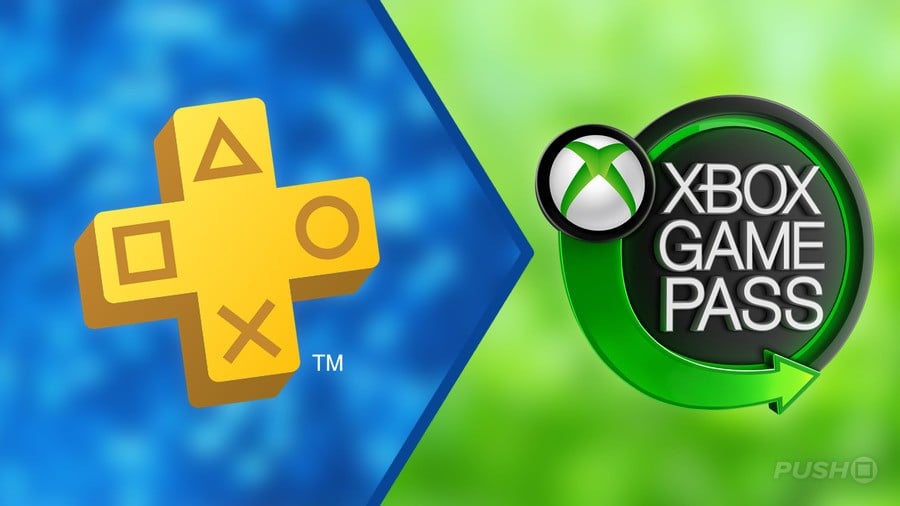‘I Much Prefer PS Plus’ Lifecycle Management Strategy’: Devs Weigh in on Crippling Xbox Game Pass Impact


Microsoft laid off over 9,000 employees this week, with Xbox hit particularly hard. Various games were cancelled, one studio was closed, and too many now find themselves out of work.
In the aftermath of the chaos, people have been looking for answers. In one report by the Seattle Times, it’s claimed that the trillion dollar tech giant is looking to free up capital so it can increase its spending on AI.
The Redmond firm has invested heavily into Sam Altman’s OpenAI, and has been pushing its Copilot product on consumers as a consequence.
But when it comes to Xbox, ex-Arkane Studios founder Raphael Colantonio believes there may be another culprit to blame.
“Why is no one talking about the elephant in the room? Cough cough Game Pass,” he wrote not-so subtly on X (or Twitter).
This started a fascinating chain on social media, with a couple of high-profile devs sharing their thoughts on Microsoft’s disruptive business model.
Asked to expand on his thoughts, Colantonio said:
“I think Game Pass is an unsustainable model that has been increasingly damaging the industry for a decade, subsidised by Microsoft’s ‘infinite money’, but at some point reality has to hit. I don’t think Game Pass can co-exist with other models, they’ll either kill everyone else, or give up.”
Responding to Colantonio’s thread, Larian’s Michael Douse argued “the infinite money thing never made any sense,” to which Raphael replied:
“I agree, and I’m fed up with all the bullsh*t they fed us at first like ‘Don’t worry, it doesn’t impact the sales’, only to admit years later that it totally does. ‘No sh*t it does! Really?’
It’s worth noting at this point that Colantonio’s Weird West, created by his new studio WolfEye, did release into Game Pass back in 2022, so he’d probably have a good grasp on the pros and cons of the business model.
Both Douse and Colantonio ultimately agreed that Sony’s approach to subscriptions, adding games later in their lifecycle, is much sturdier approach.
“The economics never made sense, but at the same time I do recognise that for smaller teams with new or riskier IPs it helped de-risk. Much prefer Sony’s ‘lifecycle management’ strategy.”
Sony’s ex-CEO Jim Ryan was strongly criticised earlier in the generation for arguing against the Game Pass business model. At the time, many believed PS5 would fail if PS Plus didn’t start including first-party games at release.
At the time, he said:
“We have had this conversation before – we are not going to go down the road of putting new releases titles into a subscription model. These games cost many millions of dollars, well over $100 million, to develop. We just don’t see that as sustainable.”
Of course there’s a much larger story at play here, but it’s interesting to see the economics of Game Pass finally brought into focus after years of hand waving from Microsoft and the media at large.
One French analyst reported this week that in Europe less than 5% of The Elder Scrolls 4: Oblivion Remastered’s sales were made on Xbox platforms. That obviously speaks to the shrinking market share of Microsoft’s ecosystem on the continent, but also the wider implications of Game Pass on full-price software sales.
Obviously we still don’t have enough data to know one way or another what kind of impact this business model is having on Xbox’s bottom line, but it’s becoming increasingly clear that Sony’s more reserved strategy to subscriptions has worked in its favour overall and was ultimately the right call.












